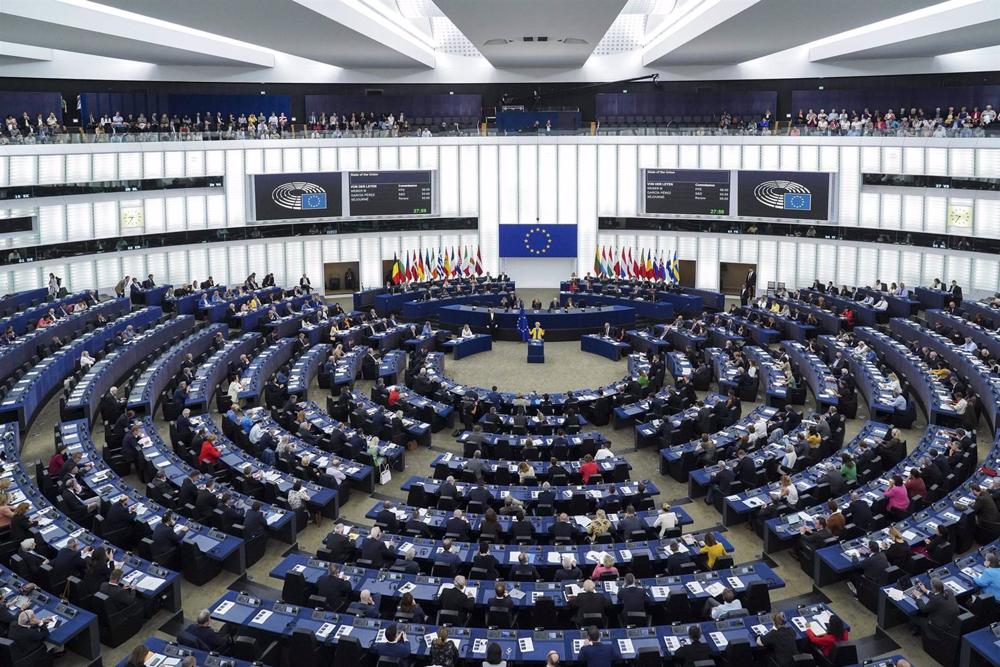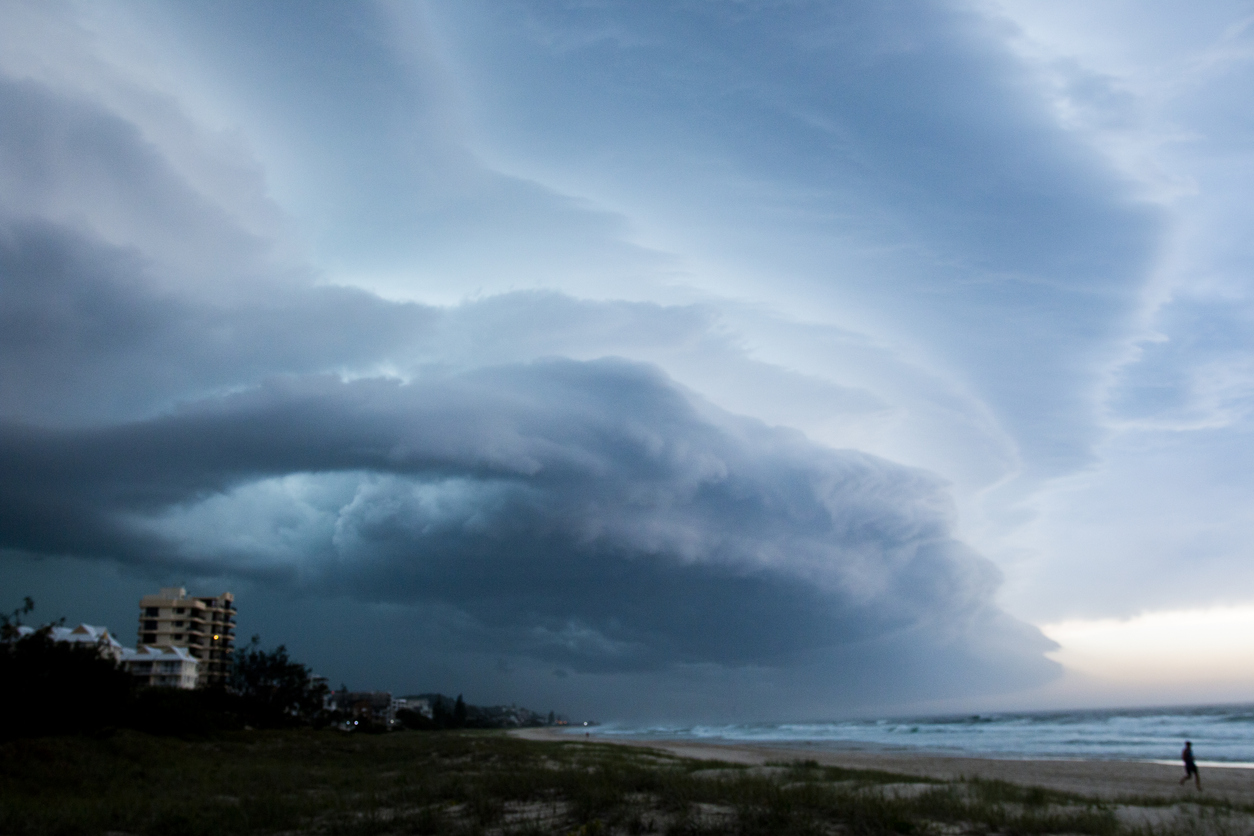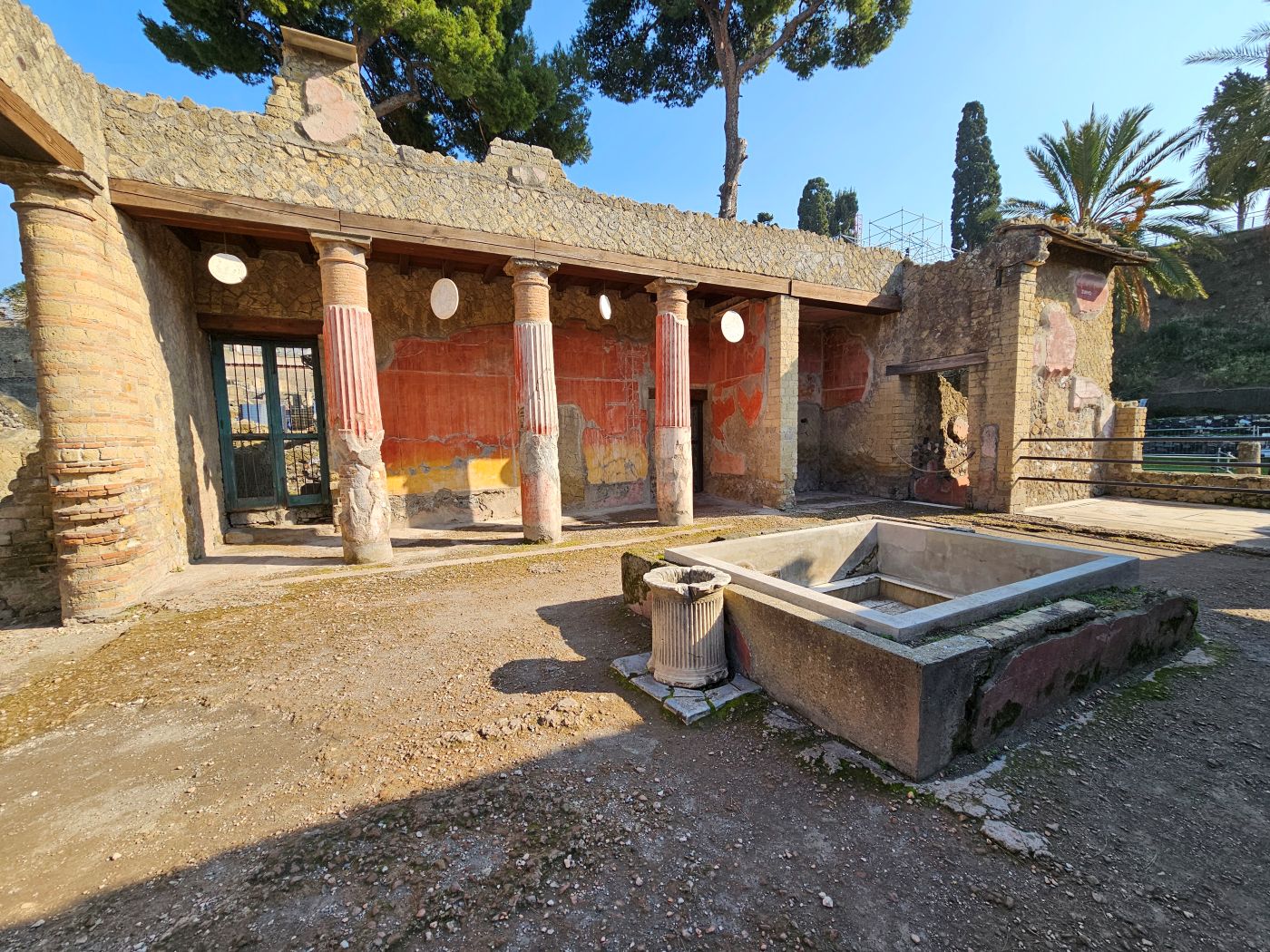
The European Parliament on Thursday will back the creation of a special court to try Russian war crimes in Ukraine, in particular «aggression», arguing that it will serve to ensure accountability and complement the work of the International Criminal Court.
In a joint resolution to which Europa Press has had access, the European Parliament stresses «the need and urgency» for the EU and the Member States «to promote the creation of a special international tribunal to judge the crime of aggression against Ukraine perpetrated by politicians and military leaders of the Russian Federation and its allies».
They urge finding the «legally sound» formula to move forward on this issue, stressing that the initiative should be launched in close cooperation with Ukraine and the international community, preferably within the framework of the UN.
The text has been agreed by ‘popular’, socialists, liberals, greens and conservatives, while parliamentary sources confirm that the far right and the left have been left out of the agreement. The resolution will be voted and approved this Thursday in the plenary session in Strasbourg.
«The establishment of such a tribunal will fill an important gap in the current institutional structure of international criminal justice,» adds the resolution, which notes that the focus of this ‘ad hoc’ tribunal should be to investigate «alleged genocide, war crimes and crimes against humanity committed in Ukraine.»
In this sense, the MEPs argue that the creation of this body «will complement the investigative efforts of the ICC and its Prosecutor» and should be based on rules and principles applicable to that court.
Ukrainian Foreign Minister Dimitro Kuleba asked precisely this Tuesday the European Parliament to support the creation of a special court to judge the «aggression» launched by Russia in February 2022. «There is no impunity for Russia’s political and military leaders. They must be held accountable,» Kuleba demanded on Twitter, where he expressly addressed the members of the European Parliament to endorse a «Special Court for the Crime of Aggression.»
Source: (EUROPA PRESS)






